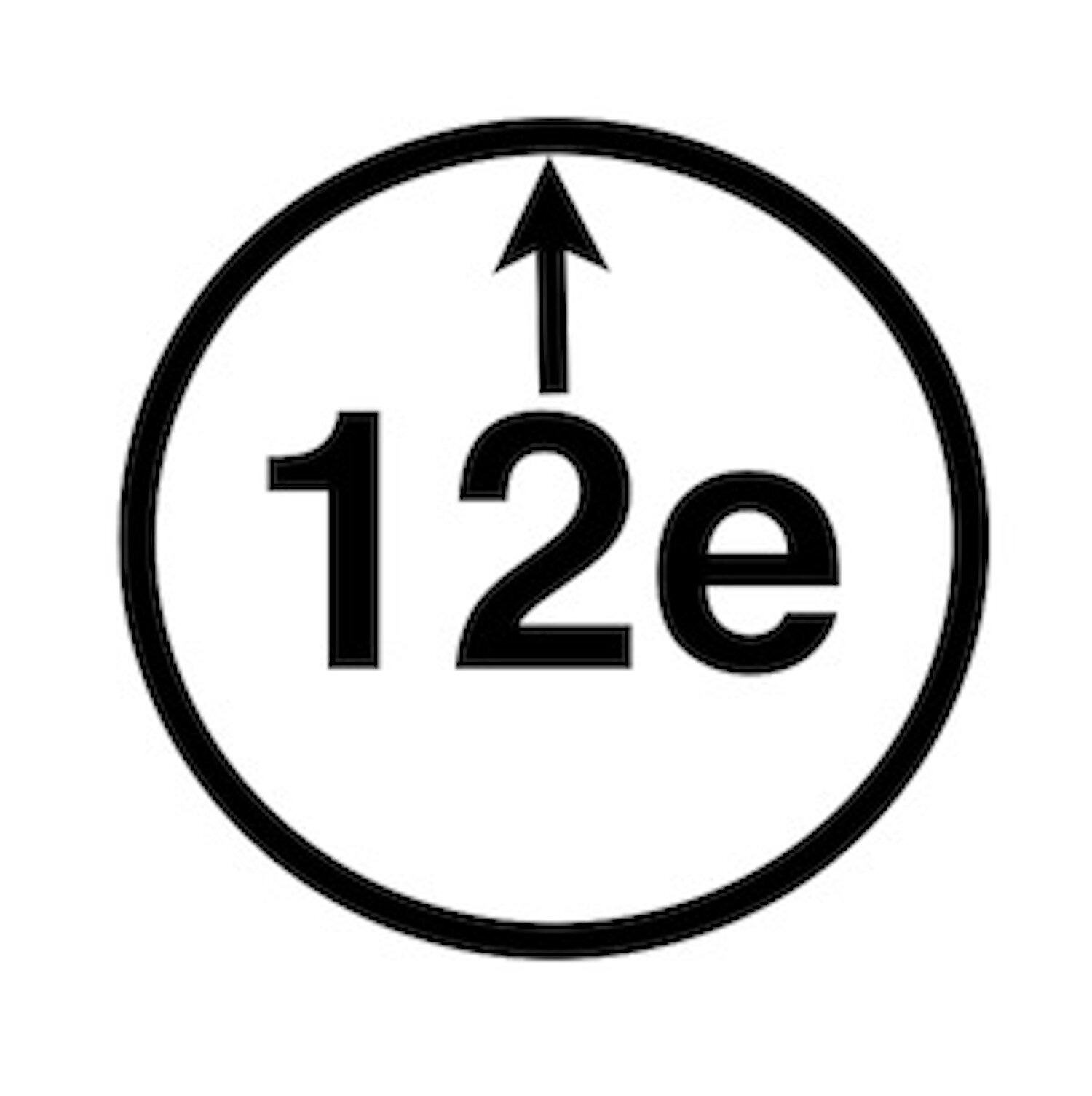Note: originally aired on June 4, 2014
There Are No Wrong Notes (just wrong keys)!
Show notes for Season 5, episode 4 – Bebop Hermeneutics (cool man, cool)
For this episode Jonathan is joined by the Rev. Tom Wiles, executive minister of the American Baptist Churches of Rhode Island
How do you read the Bible? Let’s start off by stating that any general, all-encompassing approach to Biblical interpretation needs to be very broad or will be problematic. Hence the literal reading of scripture (the notion that what it says is exactly what it means, no questions asked) is flawed… to say the least. You cannot take anything at face value, especially things in print that were written thousand of years ago. Guest host, Tom Wiles, offers a different, creative way to approach scripture (or any other text for that matter) that draws upon the art of improvisation.
When one is dealing with improvisation in a musical or dramatic setting there is a tension between the rules, the context, and the freedom of the artist. While one has a freedom to offer ideas and expression, it needs to be part of the music playing (in the right key), or true to the larger context of the drama on stage. When reading text you need to stay with the broader context of the writings, the tradition that you come out of, and/or the community you are a part of. You can push and explore, but there needs to be some relevancy. Good improve works when things make sense and at the same time push the text and the audience.
Improve is done within a community. You can read on your own, but you need the support, guidance, and at times foundation of the community to guide you in your reading and engaging with the scripture.
Improve calls for listening. You need to listen to the text, to what other people are doing/saying, respond, and then listen some more. This calls for more community.
Improve invites correction. When you are working with a text in an improvisatory manner you are trying out different things and looking to be pulled back in or encouraged to continue. Again, we need more community.
In essence, Jonathan and Tom are encouraging people to read scripture, to take chances with scripture, but to do it within and through a community/church. Play with the text, have some fun, but don’t forget to listen.
Check out the great book TheArt of Biblical Narrative by Robert Alter for another great approach to reading scripture.
Rialage –
Jonathan is annoyed with bad theology, the kind where people say that God has a plan, or that your loved one is in a better place, or that everything happens for a reason. Tom could only sit back and try to not be overwhelmed with Jonathan’s white-hot rage at bad theology (he was probably afraid of saying something inflammatory).
Scripture-
Genesis 22:1-14 – the binding/sacrifice of Isaac
In this passage Abraham is called to sacrifice his son (his only, beloved son) to God. Tom suggests the notion that it was Abraham’s willingness to listen for God’s further calling that stayed his hand and saves Isaac. Good point.
You should check out Soren Kierkegaard’s Fear and Trembling for a great philosophical treatment on this passage
Watcha’ Into
Jonathan is reading An Enquiry Concerning Human Understanding by David Hume – nerd!
Tom is a more relaxed, down-to-earth kind of person reading Any Other Name by Craig Johnson
